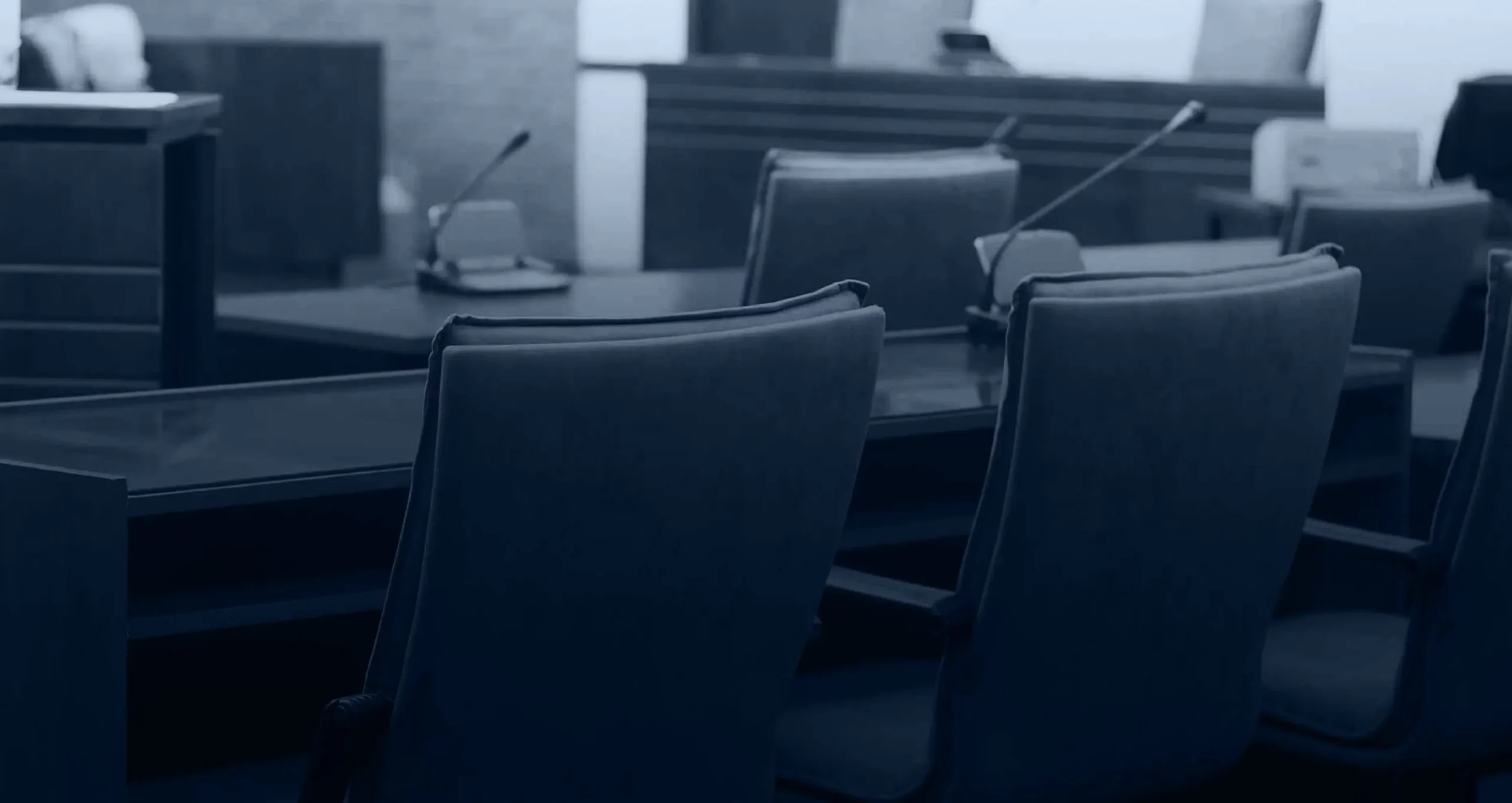
Most personal injury cases in Florida are resolved through settlements with the at-fault party or their insurance company. Once a settlement is reached, the insurance company issues the check to your attorney, who deposits it into a client trust or escrow account. Your lawyer must hold the funds until they clear the bank and all outstanding obligations—such as medical liens, court costs, and attorney’s fees—are satisfied.
Under Florida law, attorneys are required to distribute settlement proceeds to the client within a reasonable time after the check clears. While the law does not set a specific deadline, most settlements are disbursed within 30 to 45 days.
Delays can occur if there are complex lien negotiations, disputes over deductions, or banking issues. If you experience an unusual delay, your lawyer should be able to explain the reason and provide a timeline for when you can expect your funds.
Personal Injury Settlement Checks in Florida: What You Need to Know
Most personal injury settlement funds are distributed to clients within 2 to 6 weeks following the receipt and clearance of the settlement check by the attorney. Personal injury settlement agreements often include compensation for economic and non-economic damages.
Important things to know about settlement checks in Florida include:
No Statutory Deadline for Lawyers
Florida statutes do not specify an exact deadline for an attorney to deliver your settlement proceeds. However, the Florida Bar’s Rules of Professional Conduct impose a fiduciary duty requiring prompt disbursement of client funds after all financial obligations related to the case are fulfilled.
Insurance Company Payment Timeline
Under Florida insurance law, insurers must make the settlement payment within 20 days after the settlement agreement is finalized. If payment is delayed beyond 20 days, interest of 12% per year may accrue starting on day 21. Delays in insurer payment can cause delays in your lawyer receiving the funds to disburse.
Bank Holds on Checks
Your attorney deposits the settlement check into their escrow account. Generally, banks can hold funds up to seven business days to ensure the funds are available. This delay is a normal part of the bank’s process and not an attorney-caused delay.
Settlement Deductions
A common reason for delay in receiving settlement funds is that it could take time for the attorney to finalize deductions from the settlement proceeds.
Amounts deducted from settlement proceeds may include:
- Legal fees – Most personal injury lawyers take cases on a contingency fee basis, which is calculated based on the amount recovered. Disputes about legal fees could delay disbursement.
- Case expenses – Most personal injury law firms front the costs for a case, such as deposition costs, filing fees, postage, copy costs, expert witness fees, etc. The firm is reimbursed from the settlement proceeds.
- Medical expenses – Your attorney has a duty to verify whether you owe any medical bills related to the case. Those bills are paid from the settlement proceeds.
- Subrogation claims – Insurance companies may assert a subrogation claim if they paid medical bills related to the case. These claims are paid from the settlement proceeds.
It should not take an attorney too long to disburse funds and release the net settlement proceeds to the client. However, experienced personal injury lawyers often attempt to negotiate lower payoffs of medical bills and subrogation claims to increase the net proceeds paid to the client.
Complex Settlement Agreements
The parties in a personal injury case may agree on a settlement amount. However, settlement agreements may include complicated clauses and terms. It could take time to negotiate the specific language for the agreement.
Settlement Agreements Approved by the Court
The court must approve some personal injury settlements. For example, settlements for minors may require court approval. It could take time to schedule a court hearing and obtain an order approving the settlement.
Is Your Lawyer Holding Your Settlement Check Too Long?
You have a right to request a detailed explanation of the delay. Remember, the delay may be the fault of the insurance company or the bank.
If delays are unreasonable or unexplained, you may file a complaint with the Florida Bar Association. The Bar regulates attorney conduct and fiduciary obligations. You can also contact another legal authority for advice.
Maintain open communication with your lawyer. Asking for a clear timeline after settlement is reached can be helpful. If there are delays, talk with your attorney before assuming the attorney is failing to do their job.
Always ask for a detailed accounting of deductions and liens paid from your settlement. Review the accounting and ask questions if necessary. You should have a clear understanding of the deductions before you sign a disbursement statement.
Seek Legal Advice if You Need Help with a Personal Injury Settlement in Miami, FL
If you have additional questions or believe your settlement is being delayed unfairly, reach out to your trusted personal injury law firm, Zayed Law Offices Personal Injury Attorneys at (305) 916-6455. Our team can review your situation, explain your rights regarding settlement disbursement, and work to ensure you receive the compensation you’re entitled to without unnecessary delays.







